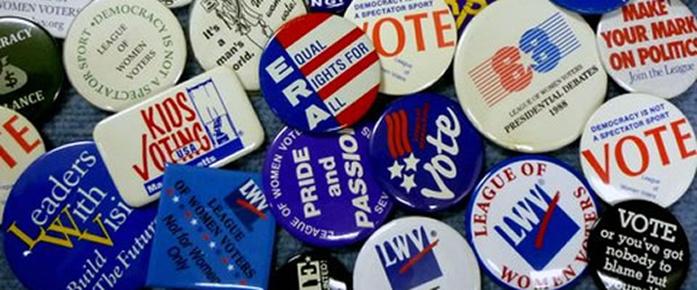League promotes democracy, not censorship
In The Daily Iowan on Sept. 12, a letter creatively compared the League of Women Voters to the International Writing Program. I wish the comparison held, but I’m not sure it does. The league, for example, does not have a long-standing and well-organized program of inviting prize-winning writers from all over the world to open windows into their lived experiences.
The letter’s focus was not that, however, but on “two organizations [that] both claim to promote democracy and public interaction, albeit in a controlled environment.” That is a reference to just one kind of format that the League of Women Voters uses and is well-known for, especially in the early part of its forums, collecting questions on index cards that a moderator then reads to the panels. The writer suggests that this is a form of censorship, but actually the league uses this format to promote the opposite: to ensure as many questions by as many questioners as possible can be aired in the course of the event. “Democracy: government by the whole population” (Oxford Dictionary).
The league was founded 96 years ago to ensure new women voters would be well-informed and thus confident to engage in full participation in government. Its primary aim was, is, and clearly always will be, free and fair access to the vote. That is why it registers voters and advocates for expanded and modernized access to voter registration for all. Its next priority has always been to provide voters with as much information and access as it can to their representatives. Each and every voter. Every representative. Our new online voter guide, soon to be uploaded, www.VOTE411.org, will further that priority. And that is why in forums, questions and answers are timed and cards are screened, to avoid repetition and, yes, to ensure civility, and to allow the maximum number of issues to be discussed in limited time.
The League of Women Voters, founded in 1920 by the leaders of the woman’s suffrage movement, is a nonpartisan organization. Its mission is to promote the informed and active participation of citizens in government and to influence public policy through education and advocacy. It does not support or oppose any political party or candidate, whether or not the candidate is affiliated with a particular party.
— Sydney Conger



